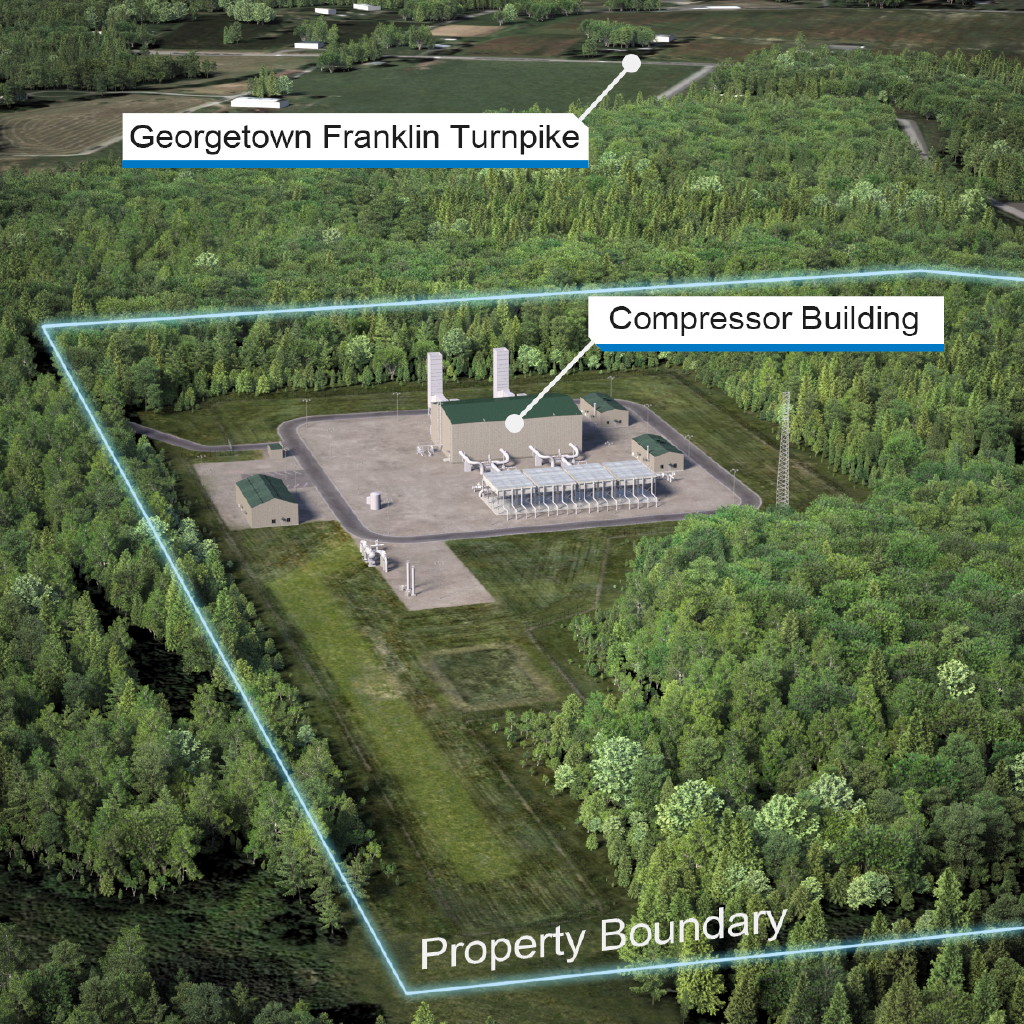The New Jersey Department of Environmental Protection (DEP) should reject all pending permits for the proposed Northeast Supply Enhancement (NESE) project.
The Environmental Protection Agency (EPA) is an agency of the United States federal government whose mission is to protect human and environmental health.
This gas compressor poses a serious threat to our residents, our shore, wetlands and marine life. Under the federal Clean Water Act, DEP has the authority and the responsibility to protect our New Jersey waters and wetlands from damaging projects.
New Jersey Clean Energy goals would be thwarted by NESE, and building it would be in opposition to Gov. Phil Murphy’s goals for increased clean energy and reduced greenhouse gas emissions.
The two 50-foot exhaust stacks will emit toxins and greenhouse gasses that will adversely impact the health of those in the surrounding area for years to come. New Jersey is already an ozone-compromised region. Most projects of Williams Transco, once they are built, have been expanded within a few years. The compressor will be pushing more gas, faster and hotter through aging pipelines, which could lead to increased corrosion rates, as well as weld failures.
New Jersey should not have to bear these health and safety risks.
Williams Transco and National Grid claim that the NESE project is necessary because New York City – not New Jersey – needs more natural gas, but there is no publicly available data that backs this up. In fact, Williams Transco requested that any supporting market data be kept out of the public record because it contains “confidential commercial information” from National Grid.
According to a statement on the governor’s website, the Renewable Energy bill (P.L. 2018, Chapter 17), passed and signed by the governor in May 2018, “establishes one of the most ambitious renewable energy standards in the country by requiring 21 percent of the energy sold in the state be from Class I renewable energy sources by 2020; 35 percent by 2025 and 50 percent by 2030, and 100 percent by 2050.
The NESE project and all the other fossil fuel projects in New Jersey, on into New York, are unnecessary, and will set back New Jersey decades. NESE projects will impact a significant amount of wetland in New Jersey and trees would take up to 50 years (or longer) to become re-established, and cannot be re-established directly over pipelines. We should be going forward with renewable energy, not backward to fossil fuels. It is well-known from past gas compressor projects built by Transco, also, that they will eventually double or triple the size of them.
DEP itself has acknowledged that Transco’s permit applications are “technically incomplete.” In addition, these permit applications fail to comply with the relevant New Jersey legal standards and are thus substantially deficient.
NESE is not in the public’s interest. If this compressor station is built and the pipeline in and by the Raritan Bay is constructed, we and future generations will be subjected to risks from air and water pollution, potential explosions and extreme weather events. We believe that exposure to pollutants, carcinogens and poisons and safety risks for the profits of the fossil fuel industry should not be acceptable.
The Williams NESE fracked-gas pipeline would endanger local communities and the environment, while further locking our state into dependence on fossil fuels at a time when we must be shifting as quickly as possible to renewable energy.
New Jersey is the Garden State, not the Pipeline State.
Diane M. Heyer
Kendall Park
Bonnie Parks
Milltown

